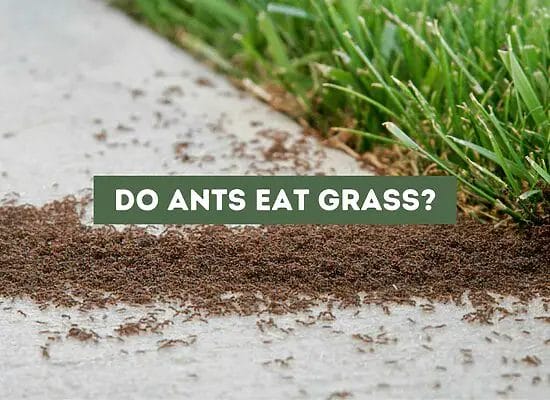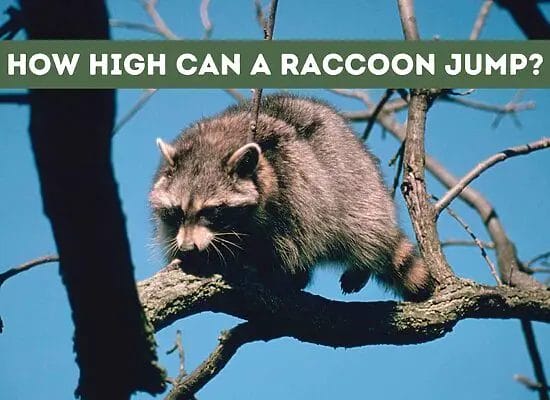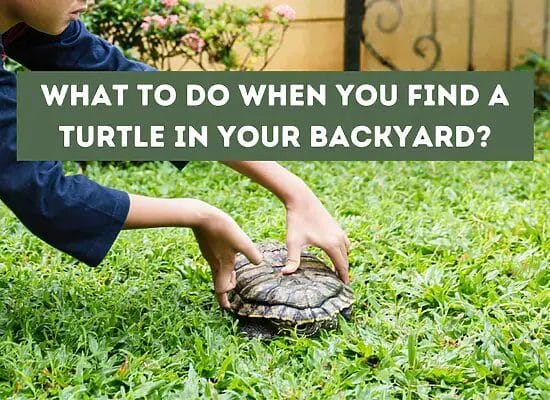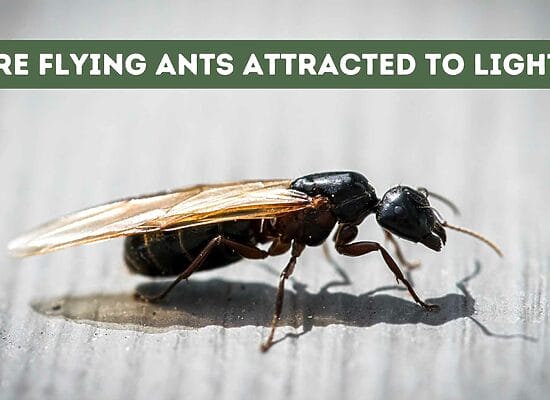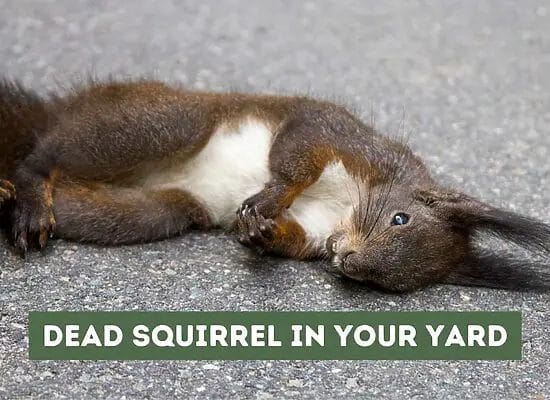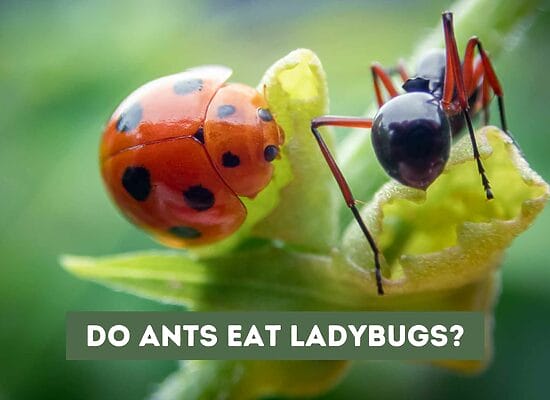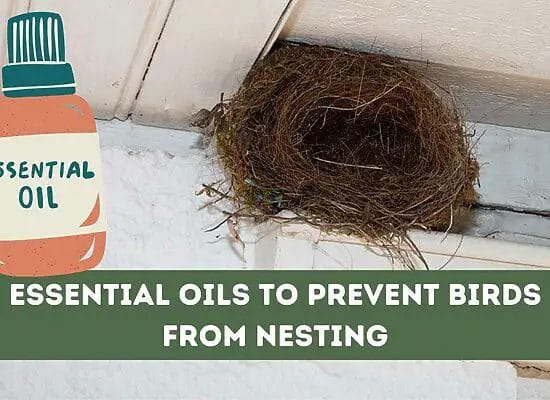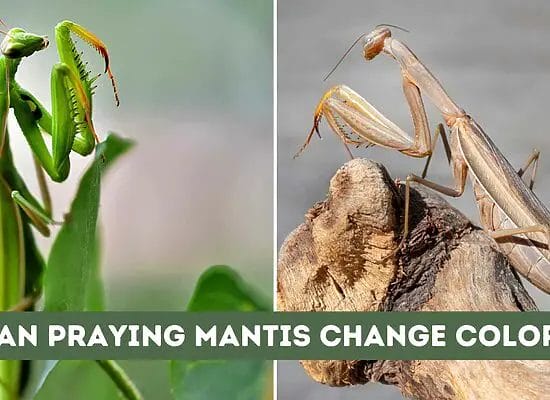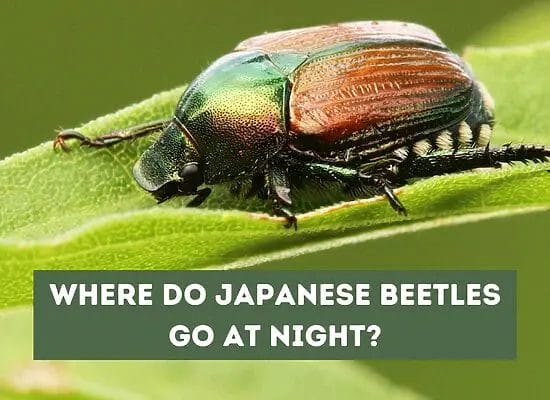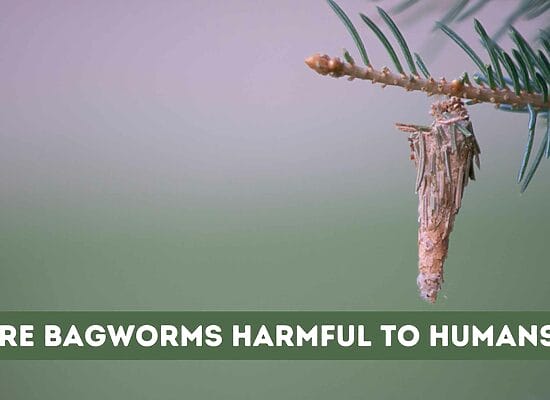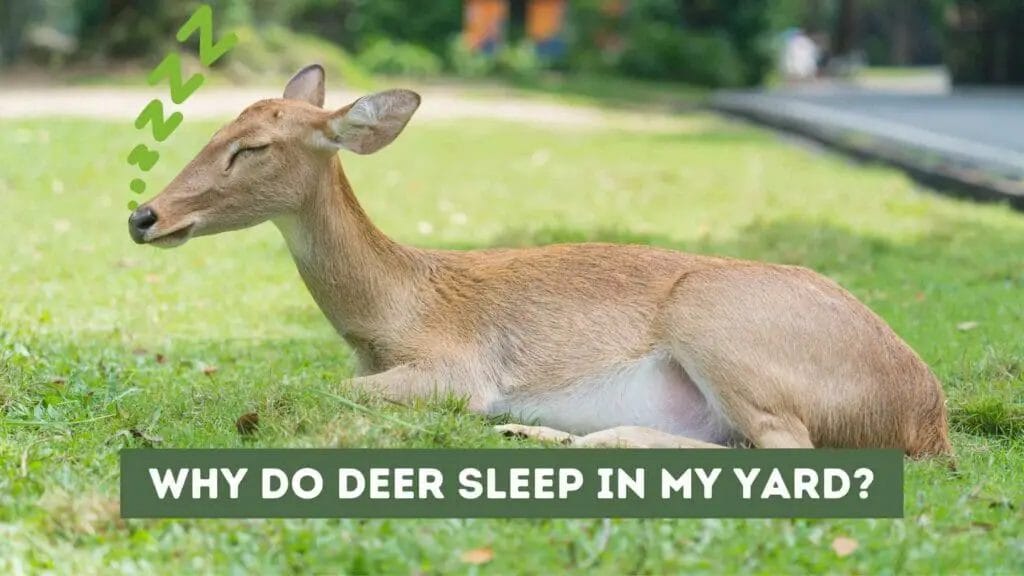
Deer are a common sight in many residential areas, and it’s not unusual to find them sleeping in your yard. But why do they choose your yard as a place to rest?
Main Reasons Why Deer Sleep in Your Yard:
- Proximity to food sources: Deer choose yards located near forests or other food sources.
- Sense of safety: Yards provide a safe place for deer to rest and keep an eye out for predators.
- Shelter and cover: Yards with tall vegetation or dense foliage attract deer as a place to sleep.
- Water sources: Yards with natural water sources like ponds or streams attract thirsty deer.
- Familiarity: Deer stick to familiar areas, so if they’ve found food or water in a yard, they may choose to sleep there.
- Minimal human presence: Quiet and peaceful yards are more appealing to deer.
- Migration: During rut season or in search of food and shelter, deer may concentrate in residential areas.
If you’re trying to keep deer out of your yard, there are several things you can do to deter them. Installing a fence or using a deer repellent can be effective, but it’s also important to remove any sources of food or shelter that might be attracting them in the first place.
By taking steps to make your yard less appealing to deer, you can help reduce the likelihood of them sleeping in your yard night after night.
Is It Dangerous to Have Deer in Your Yard?
While having deer in your yard might seem like a peaceful and pleasant sight, it’s essential to understand the potential dangers that come with these animals. Here are a few things to consider:
Deer Poop in the Yard
One of the most significant issues with having deer in your yard is the amount of poop they leave behind. Deer have a high-fiber diet, which means their poop is often large and smelly. Not only is it unsightly, but it can also attract other animals, like flies and rodents, which can carry diseases.
Damage to Your Property
Deer can cause significant damage to your yard and garden. They love to eat plants and flowers, and they can quickly decimate your garden if left unchecked. Additionally, deer can damage trees by rubbing their antlers against the bark, which can cause significant damage and even kill the tree.
Safety Concerns
While deer are generally not aggressive animals, they can become dangerous if they feel threatened or cornered. Bucks, in particular, can become aggressive during the breeding season, which typically occurs in the fall. Additionally, deer can carry ticks, which can transmit Lyme disease to humans.
Tips for Dealing with Deer in Your Yard
If you’re concerned about the potential dangers of having deer in your yard, there are a few things you can do to minimize the risks. Here are a few tips:
- Install a fence around your yard or garden to keep deer out.
- Use deer repellents like motion-activated sprinklers or ultrasonic devices.
- Choose deer-resistant plants and flowers for your garden.
- Clean up any fallen fruit or nuts from trees to avoid attracting deer.
- If you encounter a deer in your yard, give it plenty of space and avoid approaching it.
By taking these steps, you can enjoy the beauty of deer in your yard while minimizing the potential risks and dangers.
Reasons Why Deer Sleeps in Your Yard?
Deer are fascinating creatures that can be seen in many backyards. They are known for their graceful movements, majestic antlers, and timid nature. However, you may find yourself wondering why deer sleep in your yard. There are several reasons why deer may choose to sleep in your yard, and this section will explore some of them.
Food Sources
One of the biggest reasons why deer will choose to sleep in your yard has to do with its proximity to the food that they eat. Deer usually stay within 100 yards of food sources that they know about. If your yard is located near a forest, a field, or a garden, deer may be attracted to the food sources in your yard.
Water Sources
Another reason why deer may choose to sleep in your yard is the availability of water sources. If your yard has a natural water source, such as a pond or a stream, deer may be attracted to it. Deer need to drink water regularly to stay hydrated, and they will seek out water sources wherever they can find them.
Sense of Safety
Deer are prey animals, and they are always on the lookout for predators. They will choose to sleep in areas that provide them with cover from predators like coyotes, mountain lions, or even dogs. Since many backyards provide a safe area with food, shelter, and protection from predators, they make good places for deer to sleep.
Shelter and Cover
Deer are likely to sleep in areas that have tall vegetation or dense foliage, which provides them with cover from predators. If your yard has bushes, shrubs, or trees, deer may be attracted to them as a place to sleep.
Familiarity
Deer are creatures of habit and tend to stick to familiar areas. If they have been visiting your yard for food or water, they may also choose to sleep there because it is a familiar place.
Minimal Human Presence
Deer are naturally afraid of humans, and they will avoid areas where there is a lot of human activity. If your yard is relatively quiet and peaceful, deer may be more likely to sleep there.
Predator Scent Control
Another way to deter deer from sleeping in your yard is to use predator scent control. There are many products available on the market that are designed to mimic the scent of predators and deter deer from coming into your yard.
Migration
During the rut season, deer may be more likely to sleep in your yard. Bucks will often roam far and wide looking for mates, and they may end up in your yard. Additionally, during the winter months, deer populations may be more concentrated in residential areas as they look for food and shelter.
Pro Tip: If you want to keep deer out of your yard, try planting deer-resistant plants or using a deer repellent. Additionally, make sure to keep your yard clean and free of debris, as this can attract deer.
How to Prevent Deer From Entering Your Yard
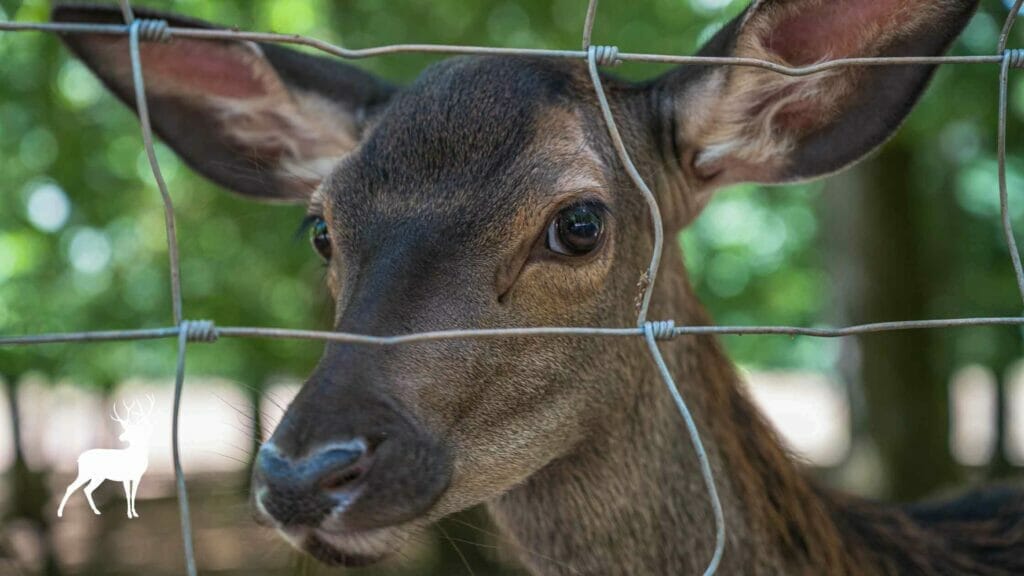
Deer can be a beautiful sight to behold, but they can also be a nuisance when they enter your yard and start eating your plants. Fortunately, there are several ways to prevent deer from entering your yard and causing damage. Here are some effective methods:
Plant Deer-Resistant Flora
One of the easiest ways to prevent deer from entering your yard is to plant flora that they don’t like. Some examples of deer-resistant plants include lavender, daffodils, and marigolds. You can also plant herbs like rosemary, thyme, and sage, which have strong scents that deer tend to avoid.
Install a Tall Fence
A tall fence can be an effective deterrent for deer. Make sure the fence is at least 8 feet tall, as deer are capable of jumping up to 6 feet high. You can also install an electric fence to keep deer out of your yard.
Use Deer Repellents
Deer repellents can be a great way to keep deer away from your yard. There are several types of repellents available, including sprays, granules, and electronic devices. Some common ingredients in deer repellents include garlic, pepper, and predator urine.
Install Motion-Activated Sprinklers or Lights
Motion-activated sprinklers or lights can startle deer and cause them to run away. These devices are easy to install and can be a great way to keep deer out of your yard.
Let Your Dogs Go to The Yard
Dogs can be great at keeping deer away from your yard. If you have a dog, let them roam around your yard and mark their territory. The scent of a dog can be enough to keep deer away.
Noise Makers
Another effective way to keep deer out of your yard is to use noise makers. You can use wind chimes, bells, or even a radio to create noise that will scare deer away.
Remove Food Sources
Deer are attracted to food sources, so removing them can be an effective way to keep deer away from your yard. Make sure to clean up any fallen fruit or nuts, and avoid planting crops that deer like to eat.
Use Other Scare Tactics
Finally, there are several other scare tactics you can use to keep deer away from your yard. Some examples include using scarecrows, hanging shiny objects like CDs, or even using fake coyotes or other predators.
Pro Tip: A combination of several of these methods may be the most effective way to keep deer out of your yard. Try experimenting with different methods to find what works best for you.
Is It Legal to Hunt Deer in Your Own Property?
Many people wonder if they can hunt deer in their own yard. The answer is not a simple yes or no, as it varies from state to state. In some states, it is legal to hunt deer on your own property, while in others, it is not. It is essential to check your state’s hunting regulations before going out to hunt.
In some cases, you may be allowed to hunt deer on your property without a license if they are considered pests or nuisance animals. However, this is not always the case, and you may still need to obtain a permit to hunt them legally.
It is also worth noting that hunting within a certain distance from a dwelling is generally illegal in many states. The distance varies from state to state, but it is usually around 100-150 yards. It is essential to know the hunting laws and regulations in your state to avoid any legal issues.
Furthermore, feeding deer on your property may constitute a violation of the law if you plan to hunt them. It is crucial to understand the laws and regulations regarding feeding and hunting deer to avoid any legal issues.
In summary, hunting deer on your property varies from state to state, and it is essential to check your state’s hunting laws and regulations before doing so. Even if it is legal, you may still need to obtain a permit to hunt them legally. Additionally, it is crucial to know the distance regulations and feeding laws to avoid any legal issues.
FAQ: Reasons Why Do Deer Sleep in Your Yard
Why do deer sleep in my yard?
Deer will often sleep anywhere that seems like a safe place to rest. If your yard is close to a regular source of food for the deer, they may choose to come and sleep in your yard.
Are deer harmful to have in my yard?
A: Deer are generally harmless wild animals. However, they can cause damage to plants and gardens. They can also be a hazard on roads, causing car accidents.
When do deer usually sleep?
Deer are most active during the hours just before sunrise and just after sunset. They will usually take naps throughout the day and night, keeping their eyes open to watch out for predators.
Do deer sleep with their eyes open?
Yes, deer will often sleep with their eyes open to watch out for predators.
Can deer sleep anywhere?
Deer will typically choose a place to sleep or rest where they feel safe from predators. However, they may sleep anywhere if they feel secure.
What can I do to keep deer out of my yard?
There are various methods to deter the deer from coming to your yard, including installing fencing, using repellents, and removing any regular supply of food.
How long do deer sleep for?
Deer can sleep for varying amounts of time depending on their need to rest and the availability of food and water. They may nap for a few minutes at a time or sleep for several hours.
Can deer live in suburban areas?
Deer can live in suburban areas on the fringe of large cities where there is a regular supply of food. They will travel far to find food and may become a regular sight in suburban yards.
What are natural predators of deer?
Natural predators of deer include cougars, wolves, and sometimes even raccoons. However, deer will stay close to food sources to minimize their risk of encountering predators.
Is there such a thing as exploding deer?
No, there is no such thing as exploding deer. This is a myth that has been debunked many times over.



